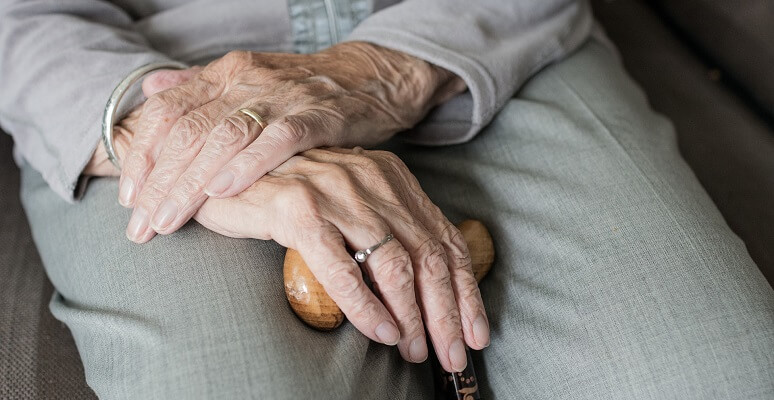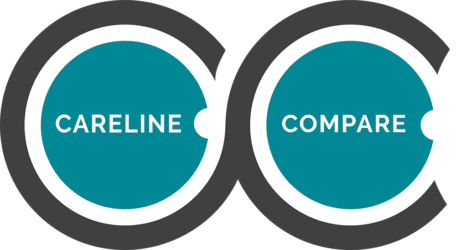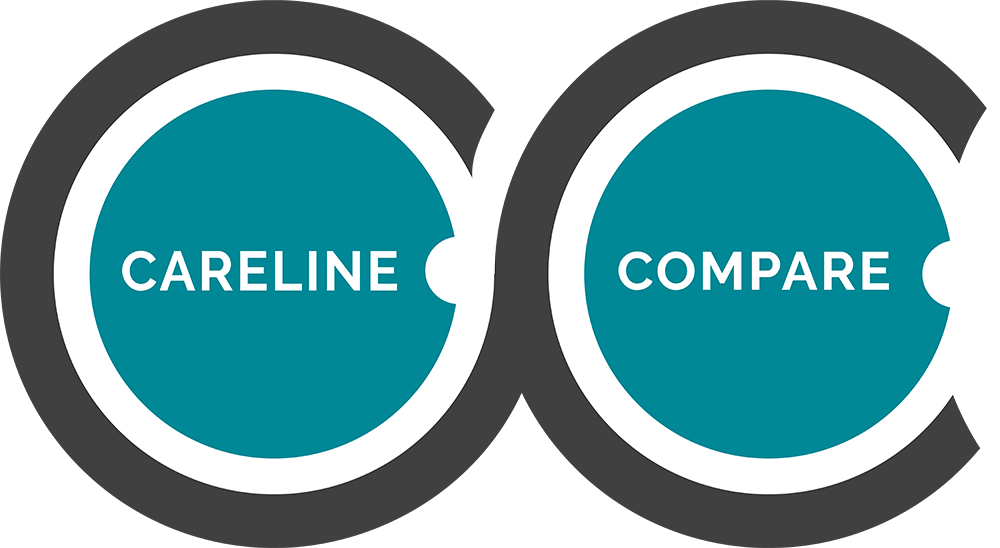
Leading Causes of Falls in the UK
on theAccording to the NHS, 1 in 3 over 65s, and half of all over 80s, will have at least one fall a year. Falls can cause a range of injuries and can be lifechanging. Personal alarms help to provide support if a fall occurs. In this article, we will look at the leading causes of falls in the UK.
Muscle Weakness
As we get older, our muscles naturally begin to weaken. This results in a lack of strength and endurance and can also affect our balance. Simple tasks such as walking to the shops become more challenging. These activities put extra strain on muscles resulting in you becoming tired faster.
As well as age, muscles can be weakened by a lack of exercise. Alternatively, they may deteriorate due to health conditions such as arthritis.
Weaker muscles mean we are less steady on our feet, resulting in falls. Due to muscle weakness being normal as we age, it is amongst the leading causes of falls.
Dizziness
Falls can often occur because of dizziness. One moment we might be steady on our feet, the next the room starts spinning and we end up on the floor. Dizziness is one of the leading causes of falls simply because it can affect anyone.
Whilst some older people may have health conditions that make them more vulnerable to dizziness, sometimes we feel dizzy simply because we are dehydrated or hungry. Blood sugar levels can also contribute.
If you find you or your loved ones are getting dizzy regularly, it is worth being checked by a doctor. Personal alarms can offer additional peace of mind.
Blackouts or Fainting
Blackouts and fainting are leading causes of falls, as they partially shut down your body. People will have incidents where they suddenly find themselves on the ground without knowing how they got there. Usually, if you have had one incident you are likely to have more.
Sudden losses of consciousness can be scary, as they can often strike out of nowhere. Even if you have a personal alarm, you may not have a chance to call for help. Therefore, it is worth choosing a provider that sells a fall detector option.
There are a few conditions that can cause regular blackouts, such as atrial fibrillation (irregular heart rate) and diabetes. If you experience fainting episodes, speak to your GP, and consider personal alarms as a safety measure.
Poor Vision or Hearing
Impaired senses can affect how we move around. We might not notice obstructions, or suffer from reduced spatial awareness. Our balance can also be affected. These extra challenges make vision and hearing problems leading causes of falls.
Age can lead to changes in eyesight, affecting how our eyes adjust to changes in lighting. Depth perception can also worsen over time. When we cannot see as clearly, our likelihood of tripping over or losing our balance increases.
Whilst poor eyesight is often a natural part of ageing, it can be worsened by certain health conditions. Diabetes can result in macular edema, which can cause blindness. Similarly, strokes can have a major impact on your vision.
Medication
Though they are necessary for our continued wellbeing, some types of medication can result in side effects that increase the likelihood of falls. They may result in mild symptoms such as drowsiness or cause more severe problems such as high blood pressure.
Taking medication is one of the leading causes of falls simply because no two people will respond to medication in the same way. People who take anti-depressants, blood pressure tablets, sleeping pills, or anticonvulsants are at the highest risk of symptoms that could lead to a fall.
If you are worried that your medication is making you more likely to fall, consult your GP.
Slips, Trips and Falls
Often, falls are caused by environmental factors. It doesn’t matter how good our eyesight is, how steady we are on our feet, or if we have never fainted. Sometimes all it takes is for us to put a foot down wrong or fail to notice a hazard.
Slips, trips and falls are one of the most common causes on accidents in the UK. As such, they are also one of the leading causes of falls. We might not notice that the floor is wet, or there may be a cable along a walkway. Sometimes stepping off a kerb wrong is enough to result in a fall.
Because an accidental fall can happen at any time, it is important to have a system in place to look out for your wellbeing. A personal alarm can help.
How to Choose a Personal Alarm
It is clear that falls are a recurring hazard for older people in the UK. As such, it is in your best interests to purchase a personal alarm. They allow you to call for help if you have a fall. Help can be sent to you so that you do not get stuck on the floor for hours.
However, there are so many options out there that it can be hard to choose the right personal alarm for you. That’s where Careline Compare comes in. We have compiled a list of the nation’s top providers. To find the best service for you, check out the compare page. If you need some extra help choosing a personal alarm, read our guide on How to Choose a Personal Alarm.

